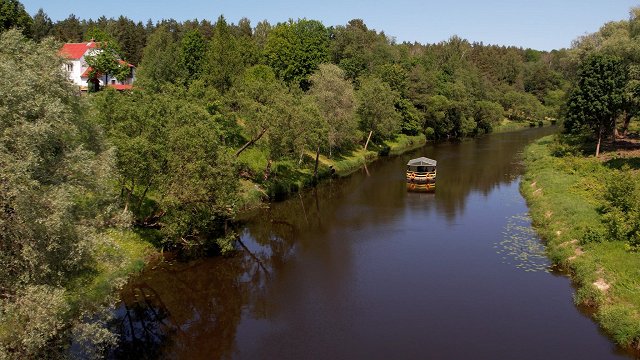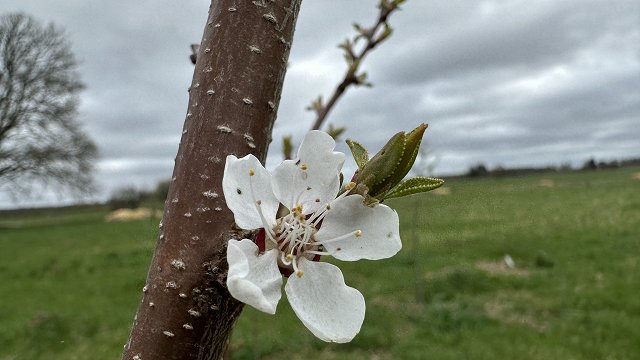LTV referred to a study carried out by Latvian University of Life Sciences and Technology (LBTU) laboratory "Agrihorts" in the summer of 2023.
Most often residues of insect control substances were found in both pollen and honey. In general, pesticides above the maximum permitted standard were found in three samples of honey.
“Since 2014, we have been in the integrated plant protection system, which promised that it all would be better. What we are seeing - the amount of plant protection products in the environment has not diminished. Should have diminished, but hasn't diminished, because the integrated system doesn't work in the form promised to society,” said Valters Brusbārdis, board member of the Latvian Apiculture Society.
The study aims to investigate the environmental, water, and food quality impacts of pesticides and to study the safe and sustainable use of pesticides. This type of research was foreseen by the Action Plan adopted three years ago for the sustainable use of plant protection products. Action plans were to be drawn up by all Member States of the European Union (EU). Latvia did not undertake to reduce the use of pesticides in its plan at the time.
The study is being conducted for the third year in a row, and the three-year trends are still underway. Pollen and honey samples were taken from different environments throughout Latvia - from apiaries close to large fields of rapeseed, beans, and cereals in Dobele, Jelgava, and Talsi municipalities, as well as in Jelgava city, a rural area in Sigulda county, as well as in Augšdaugava county, where there are many permanent grasslands adjacent to it.
The samples taken in Latgale have turned out to be the purest.
However, pesticide residues found, even in very small quantities, do not permit a certificate of organic production. And in recent years, the number of beekeepers in the biological system has almost halved, from 500 to about 300. Bees fly three and even more kilometers while collecting honey.
"In a situation where we have practically launched an intensive farming system across the country, organic beekeeping is declining significantly, she will also continue to decline. It's hard and negative for beekeeping [..] Unfortunately, we see that, in the long term, organic [honey] exports will dry up for us and, from a beekeeping point of view, it is an economic aspect that it is possible to sell organic produce more expensively than conventional,” Brusbārdis said.
The use of pesticides in Latvia shall be supervised by the State Plant Protection Service (VAAD). 30 violations were investigated in an administrative process last year, 82 in 2022, and 65 a year earlier.
In the last three years (2021-2023), VAAD inspectors have detected 24 cases of agricultural use of substances not permitted in Latvia. But the most frequent violations in the past three years have been due to a failure to adhere to a protective zone along water bodies (49) and an unaccounted-for or inaccurate record of pesticide use (32).
Still, Latvia does not have uniform, accurate data on the use of pesticides on specific crops in specific areas. A single system in which farmers will have to enter accurate data is planned to be introduced in another three years. There have been a lot of objections, though.
It is also unclear whether Latvia will change its position so far and move to reduce pesticide consumption. Agriculture Minister Armands Krauze (Union of Greens and Farmers), who himself comes from beekeepers, is not campaigning for stricter regulation."In this case, Latvia cannot, of course, impose higher requirements than those common objectives. In order not to harm our entrepreneurs, we need to follow this European level and not run ahead,” says Krauze.



























